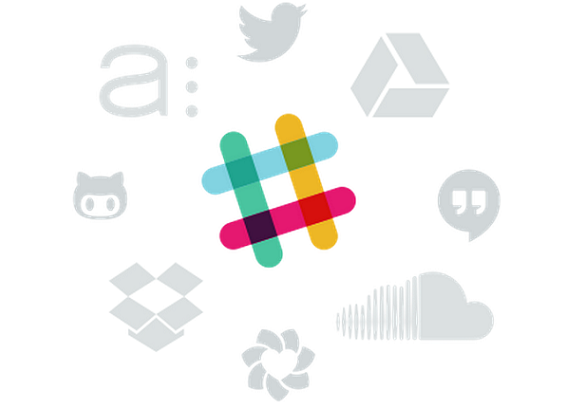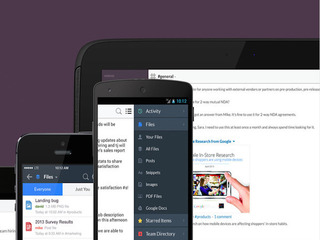

There are very few companies that I can remember having risen as quickly as Slack. Out of seemingly nowhere, the workplace collaboration tool raised its $120 million round last October, suddenly becoming a unicorn. Then it raised another $160 million valuing it at nearly $3 billion.
As of last month, it had over 1.1 million daily active users, up from the 750,000 it had in April. It now has over 300,000 paid seats as well, up from 200,000 paid seats two months ago.
All of this is even more impressive given Slack’s extremely young age: launched in August of 2013, it went live in February of 2014, only 16 months ago, and is now generating over $25 million in annual recurring revenue, though the company is not saying if it is profitable.
It is making all of this money via a SaaS model, though one that is breaking the mold on how that is traditionally done.
Companies like Salesforce have used a “per seat” model, which means that companies pay more depending on how many people use the software. Slack, on the other hand, allows companies to only pay for those who use it. With the old model, if a company paid for 100 seats, and 90 people used it, they’d still pay for the 100. With Slack, if only 90 use it, the company will not be charged for those other 10 seats.
“Most enterprise software pricing is designed to charge you per user regardless of how many people on your team are actively using the software. If you buy 1,000 seats but only use 100, you still get charged for 1,000. We don’t think that’s fair. And it’s also hard to predict how many seats you’ll need in advance,” the company writes on its pricing page.
“At Slack, you only get billed for what you use. So you don’t pay for the users that aren’t using Slack. And if someone you’ve already paid for becomes inactive, we’ll even add a pro-rated credit to your account for the unused time. Fair’s fair.”
The company currently offers four different pricing plans.
The first is its free plan, “for small teams, casual users, and anyone who wants to evaluate Slack.” This plan comes with 10,000 message searchable archive, 5GB total storage and five service integrations, like Twitter, Google Docs, Dropbox, GitHub and others.
Next is Standard, which comes with unlimited message searchable archive, unlimited service integrations, usage stats and reporting, Google Authentication and Google Apps for Domains sign-on, and custom message rention policies. This plan costs $6.67 per person annually, or $8 a person monthly.
The third plan is called Plus, which has everything in Standard, as well as SAML-based single sign-on, compliance exports, 99.99% guaranteed uptime SLA and 24/7 support with 4 hour response time. It costs $12.50 per user when billed annually, and $15 when billed monthly.
Finally is Slack’s Enterprise plan, which is launching this year. It will include federation across multiple teams with a unified team directory, organization-wide security, data retention and compliance policies, organization-wide reporting, metrics and analytics, consolidated billing & administration across teams, and configurable email ingestion service.
It will be $40 per user billed annually, or $48 per used billed monthly.
Teams using Slack have set up over 900,000 integrations integrations of over 100 workplace services, including Google Drive and Hangouts, Trello, Twitter, Github, Zendesk, Mailchimp, and Stripe. The company has said that it will be pushing for more integrations, and ways for third party developers to integrate with Slack.
(Image source: slack.com)





















